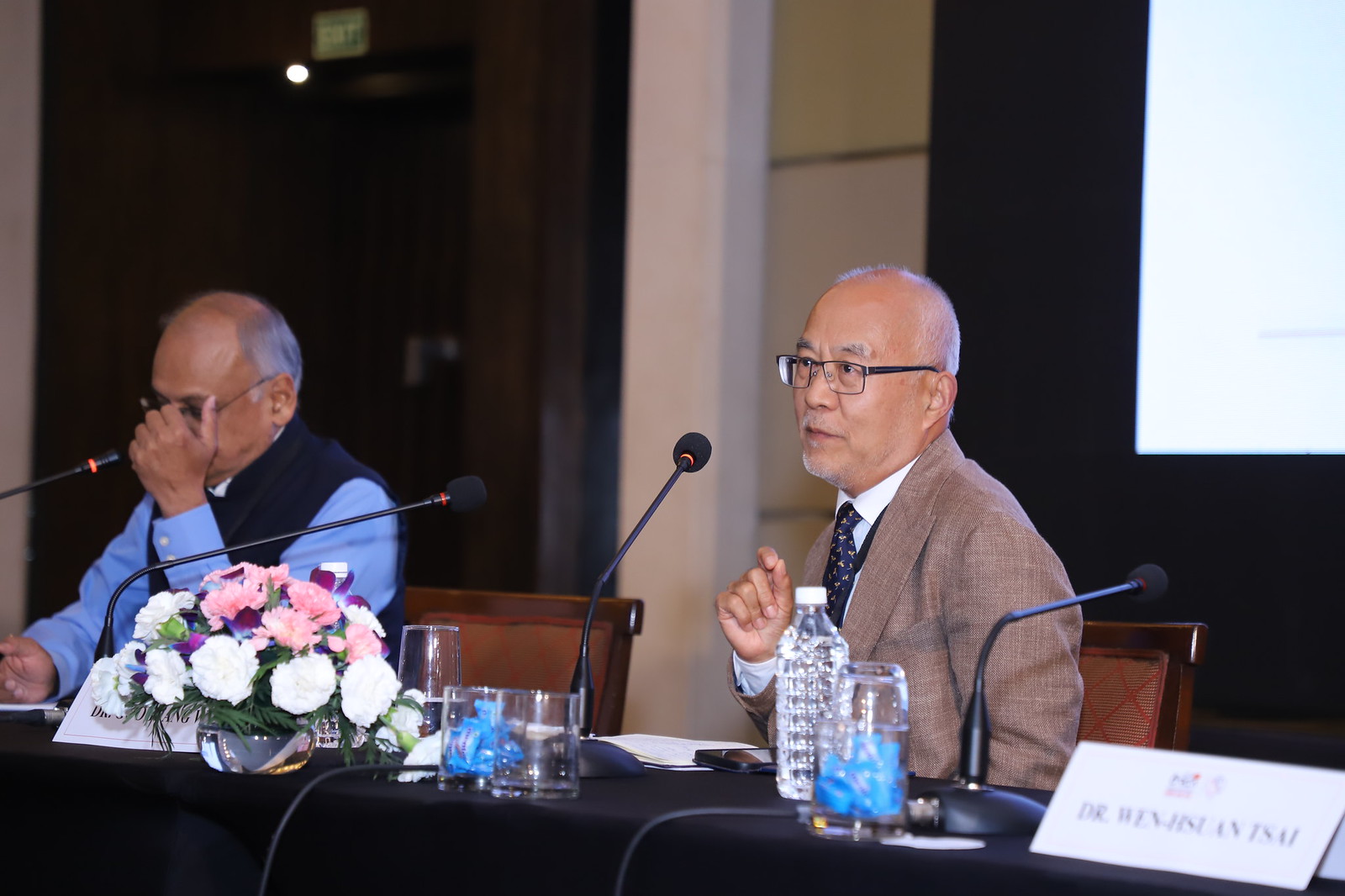Xi Jinping's grip on power is one of the most enigmatic aspects of contemporary global politics. Despite the extensive studies surrounding his leadership, many remain puzzled by how he acquired such authority and the mechanisms through which he maintains it. A simplified yet insightful answer to this question is that Xi skilfully navigates the interplay between institutional structures and interpersonal networks. While much of the discourse on Chinese politics emphasises the country's institutions, it is equally important to consider the significance of the interpersonal relationships surrounding Xi Jinping.
When we discuss the facets of Xi Jinping's public power, we inevitably touch upon the key figures within the Chinese Communist Party (CCP), particularly the Politburo and its Standing Committee. The relationships between these members and Xi Jinping form compelling narratives, not only reflecting their own career trajectories but also illustrating how they ascended through the intricate hierarchy of the CCP. These connections can be categorised based on Xi Jinping’s life experiences, which have shaped his interactions and the networks he has cultivated.
Born into a prominent "red second generation," Xi Jinping is the descendant of communist revolutionaries. This background provides him with a unique perspective on power dynamics in China. His formative years were spent in Shanghai Province, where he was sent during the Cultural Revolution. This period allowed him to forge connections with individuals who later became influential in his political journey. Xi's early involvement in the Communist Party during this time would lay the groundwork for future alliances, particularly with those who shared his regional roots. Xi’s academic journey at Tsinghua University also played a crucial role in shaping his network. During his time there, he established relationships that would later prove advantageous as he navigated his political career. His subsequent postings in Hebei Province were less remarkable, but it was in Fujian Province that Xi truly began to build his power base. Many of today's powerful leaders in China were initially Xi’s followers during his tenure in Fujian in the 1980s, cementing a loyalty that would benefit him in the long run.
Xi's brief but significant stay in Shanghai further solidified his influence. Even at this early stage, he began to organise a group of loyalists who would support his ascent. Once he reached central leadership, he strategically formed networks within key functional departments, ensuring that individuals who had known him for years were promoted to high-ranking positions. This practice diverges from historical norms within the CCP, where many leaders rose through the ranks without any prior personal connection to Mao Zedong.
Unlike Mao, who was often an unknown figure to many local leaders before gaining prominence, Xi Jinping's approach relies on familiarity and loyalty. He has surrounded himself with individuals who share a long history with him, thereby ensuring a cohesive support system that is relatively unique in the context of the CCP's history. This strategy has also allowed him to integrate professional diplomats and military officials into his administration, creating a blend of loyalty and expertise.
For instance, Foreign Minister Wang Yi represents the shift from a traditional diplomatic approach to a more assertive style under Xi's leadership. Wang, known for his gentlemanly demeanour, transformed into a "wolf warrior" diplomat, aligning with Xi's aggressive foreign policy stance. Such adaptations reflect how individuals within the CCP must navigate their roles to remain in favour, often altering their professional identities to fit Xi’s vision.
Xi’s control over the coercive apparatus of the state, particularly the military, is another significant pillar of his power. However, this discussion will focus on the more nuanced aspects of his leadership style, particularly regarding the Organisational Department. This key body is responsible for personnel decisions and plays a vital role in maintaining Xi's grip on power. It is crucial to recognize that while the Organization Department is instrumental in recommending individuals for promotion, Xi’s influence extends beyond mere recommendations. His meticulous assessments of potential leaders ensure that loyalty is rewarded, further consolidating his control.
The current landscape of the Organization Department reflects Xi's intention to promote a younger generation of leaders who are more amenable to his style of governance. Over the past decade, he has selectively accelerated the rise of individuals born in the 1970s and 1980s to significant positions within the CCP. This long-term strategy could potentially create a new cadre of leaders who have only known Xi's political framework, reinforced his ideology and ensured continuity in governance.
Additionally, the propaganda, now termed the Publicity Department, plays a crucial role in shaping the narrative around Xi's leadership. While this body has been active in promoting Xi’s persona, recent incidents, such as the withdrawal of an article that branded him a reformer, illustrate the delicate balance of messaging within the regime. Such missteps highlight the necessity for constant alignment with Xi’s vision, as even minor deviations can lead to repercussions.
In conclusion, Xi Jinping's ability to wield power stems from a sophisticated understanding of both institutional dynamics and interpersonal networks. By carefully curating his relationships and promoting loyalists within the CCP, he has established a strong foundation for his leadership. This multifaceted approach allows him to navigate the complexities of governance while maintaining an iron grip on authority, ultimately defining his unique style of leadership in contemporary China.
These remarks were presented by Dr. Guoguang Wu at the Global Conference for New Sinology (GCNS), 2024.



Author
Dr. Guoguang Wu
Dr. Guoguang Wu is a Senior Research Scholar at the Stanford Center on China’s Economy and Institutions, Stanford University. His research specializes in Chinese politics and comparative political economy, including, in China studies, elite politics, national political institutions and policy-making mechanisms, and China’s search for its position in the world. Guoguang received a Ph.D. and an MA in politics from Princeton University (1995; 1993), an MA in journalism/political commentary from the Graduate School of the Chinese Academy of Social Sciences (1984), and a BA in journalism from Peking University (1981).